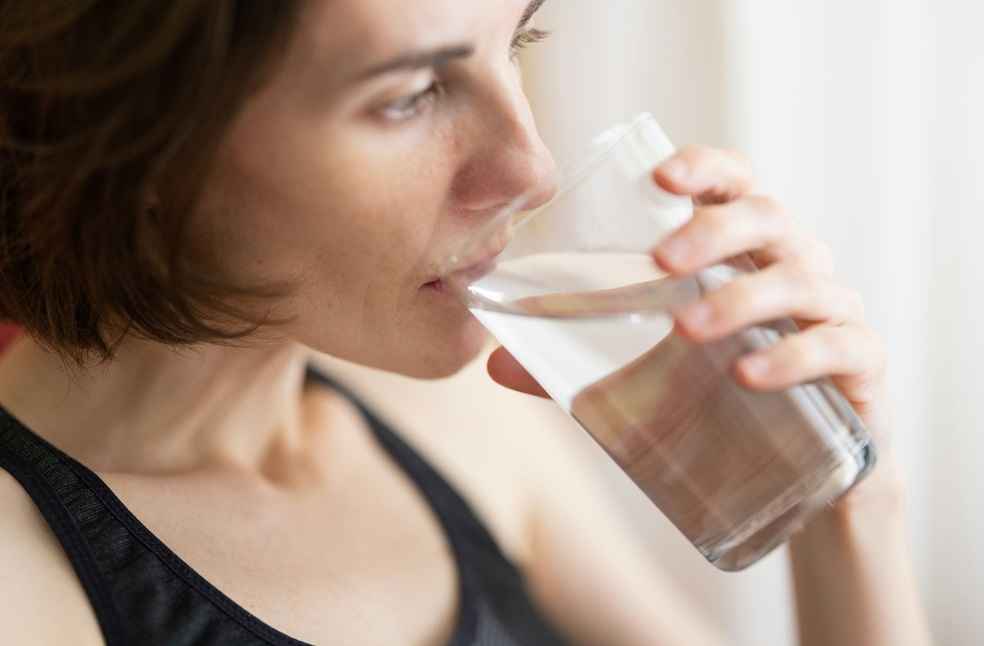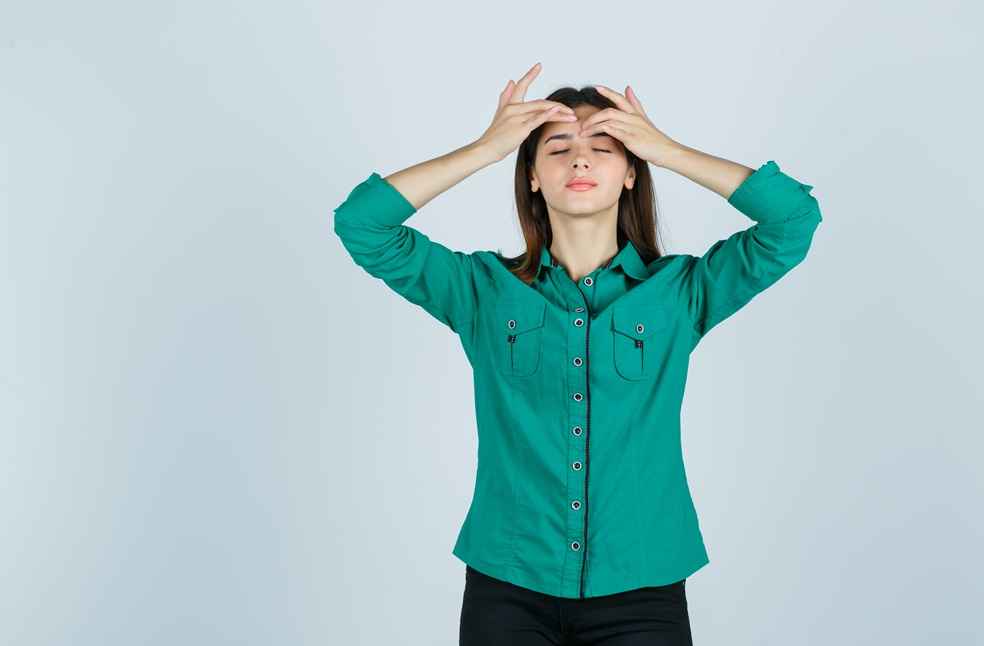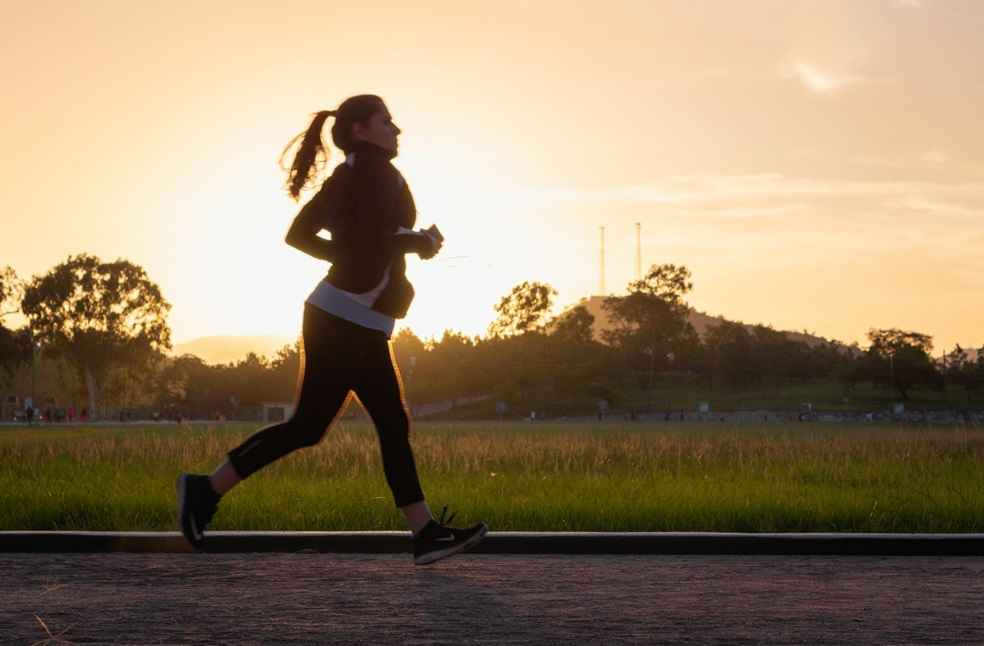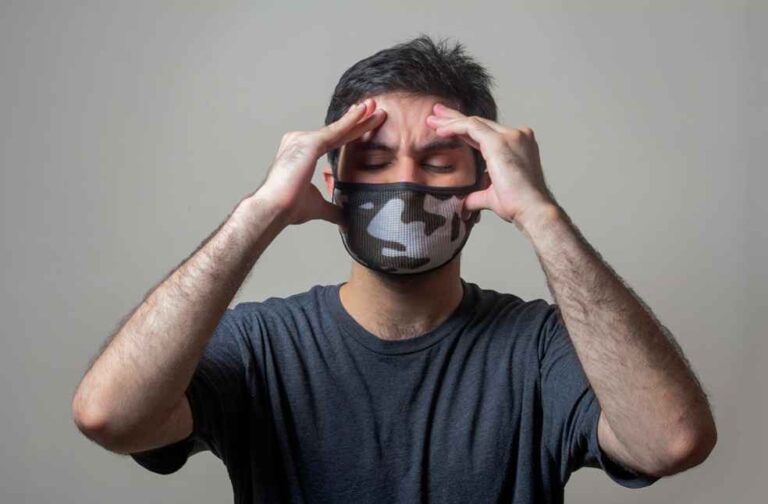Headaches are a prevalent condition that impacts millions of people around the world. Taking medication can often be a solution, but it’s not a good habit to rely on. Medication for headaches can lead to dependence and side effects. Natural remedies can help without medication. Here are some remedies for headaches without painkillers.
Dehydration triggers headaches
Hydration is a buzzword in everyone’s life, but it’s the most natural way to get rid of headaches. Dehydration is a common reason for headaches, and drinking enough fluids is essential to prevent and avoid them. Dehydration can cause headaches and even affect the structure and function of your brain, which can make headache symptoms worse.
Drinking enough fluids is crucial to preventing dehydration, but many people don’t drink enough. To stay hydrated, it’s recommended to drink at least eight glasses of water a day, especially during vigorous activities or hot weather. You can also add hydrating foods like watermelon, cucumber, and soup to your diet to increase your fluid intake and reduce the risk of dehydration headaches.

Stress turns to migraine
In most cases, tension, headaches and migraines are caused by chronic stress. Symptoms can be effectively relieved and recurrences can be prevented by using stress reduction techniques. To ease headaches, certain practices promote relaxation and reduce muscle tension, such as deep breathing exercises, meditation, yoga, and progressive muscle relaxation. Additionally, regular physical activity, adequate sleep, and establishing healthy boundaries can help alleviate stress levels, increasing overall resistance to headache triggers.
Aromatherapy relives your pain
Essential oils have been used for centuries to help with different health problems, including severe headaches. Peppermint, lavender, and eucalyptus oils have pain-relieving and anti-inflammatory properties that can help with headaches. You can breathe in these oils by using steam, diffuse them, or apply them to the temples and neck. It’s recommended to mix essential oils with a carrier oil like coconut or almond oil to avoid skin irritation and help your body absorb the oils.

Acupressure; Chinese traditional therapy
The ancient Chinese healing technique of acupressure involves applying pressure to specific locations on the body to relieve pain and promote healing. Headaches can be effectively reduced by stimulating acupressure points such as LI-4 between the thumb and index finger. It is possible to relieve headaches by gently massaging or pressing on these points to stimulate your body’s natural healing response.
Herbs will always work
Herbs like feverfew, butterbur, and ginger are natural alternatives to traditional painkillers for headache relief and can reduce the frequency and severity of headaches. Research has demonstrated that feverfew can help in averting migraines by minimizing inflammation and constriction of blood vessels.
You can safely and effectively get relief from headaches by adding these herbs to your teas, supplements, or tinctures with the assistance of a healthcare professional. This method does not have the side effects that pharmaceuticals do.

Hot or cold compresses to relieve pain
Headaches can be relieved quickly and effectively by applying a cold compress to the forehead or neck. To relieve headaches, apply a cold compress to your forehead or neck for 10-15 minutes. This will constrict blood vessels, reduce inflammation, and numb the area. Alternating between cold and hot compresses can also help improve circulation and relax tense muscles.
Regular workouts for health-fitness
Physical activity is important for both overall health and headache prevention and management. Doing aerobic exercises like walking, cycling, swimming, or jogging releases endorphins, which are natural painkillers produced by the body. This can help reduce headache frequency and intensity.
Regular exercise can help reduce headaches by improving blood flow, reducing muscle tension, and relieving stress. To experience these benefits, aim for at least 30 minutes of moderate-intensity exercise most days of the week.



